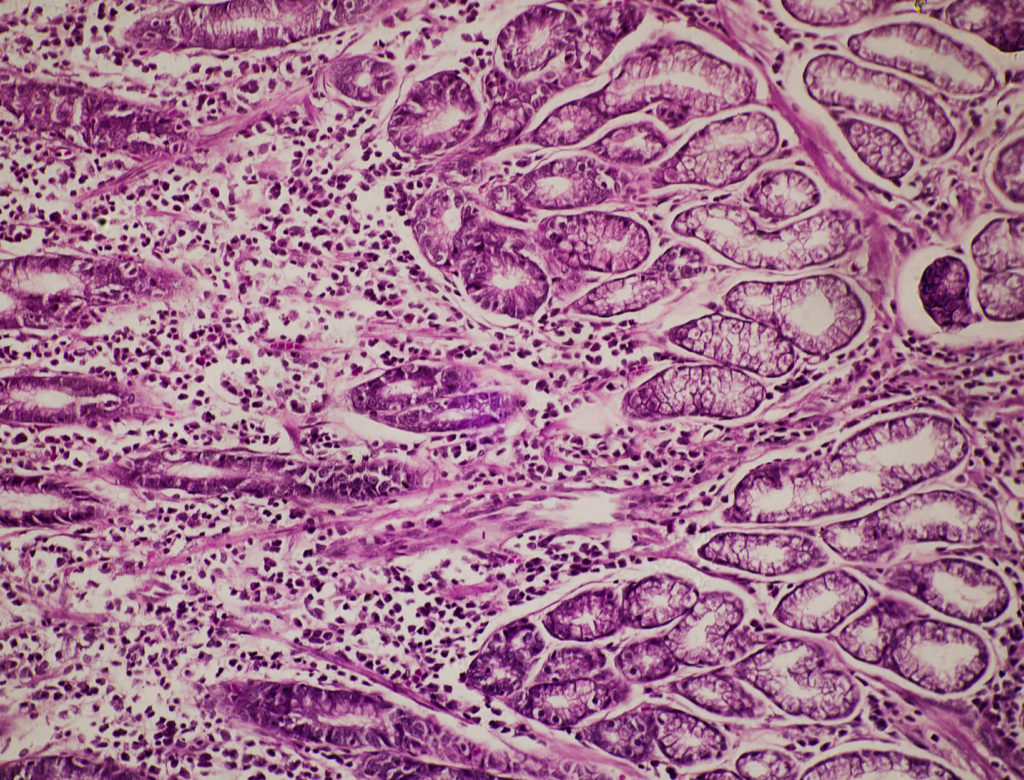Abstract:
The Ketogenic Diet (KD) is a low-carbohydrate, high-fat diet that has gained significant attention in recent years due to its potential therapeutic applications, especially in the field of neurology. If you enjoyed this short article and you would certainly like to obtain even more details relating to
Garcinia cambogia kindly see our own web page. This study aims to provide a comprehensive review of the efficacy and health implications of the Ketogenic Diet, considering its effects on weight management, metabolic disorders, epilepsy, and other neurological conditions. Through an extensive review of existing literature, the study investigated the physiological mechanisms underlying the diet and its potential side effects. The findings of this study shed light on the efficacy of the Ketogenic Diet and provide valuable insights for patients, healthcare professionals, and policymakers.
Introduction:
The Ketogenic Diet, initially developed in the 1920s to mimic the effects of fasting, has gained popularity as an alternative therapeutic option, particularly for patients with epilepsy. The diet primarily consists of high-fat, low-carbohydrate, and adequate protein, which induces a metabolic state known as ketosis. Ketones, produced during ketosis, provide an alternative fuel source for the brain, leading to a reduction in seizures and other favorable health outcomes. However, the KD's impact on weight loss, metabolic disorders, and various neurological conditions should also be examined.
Weight Management:
The KD has gained attention as a potential strategy for weight management due to its ability to induce satiety and reduce appetite. Studies have shown that the KD can lead to greater weight loss in comparison to other low-fat diets. By restricting carbohydrates and increasing fat consumption, the KD forces the body into a state of ketosis, increasing fat breakdown and promoting weight loss. However, the long-term effects on weight management and the sustainability of the diet deserve further investigation.
Metabolic Disorders:
Considering the role of carbohydrates in insulin secretion and blood glucose regulation, the KD has emerged as a possible therapeutic approach for metabolic disorders such as diabetes and metabolic syndrome. Several studies have shown that the KD can improve insulin resistance, blood lipid profiles, and markers of inflammation. These findings suggest that the KD may have potential benefits in managing metabolic disorders. However, caution is warranted in
recommending the KD as a sole treatment option, and more research is required to determine its long-term efficacy and safety.
Epilepsy:
The KD has been extensively studied for its effectiveness in reducing seizures, particularly in children with drug-resistant epilepsy. Clinical trials have consistently demonstrated a significant reduction in seizures and improved seizure control with the implementation of the KD. The mechanisms underlying its anti-seizure effects, including increased stability of neuronal membranes and altered neurotransmitter release, have been postulated. Further research is needed to establish the optimal duration and protocols for implementing the KD in the management of epilepsy.
Neurological Conditions:
Beyond epilepsy, the KD has shown promise in other neurological conditions such as Alzheimer's disease, Parkinson's disease, and migraine. Early studies have suggested that the KD may improve cognitive function, reduce neuroinflammation, and enhance mitochondrial function. However, more randomized controlled trials are required to validate these findings and determine the clinical significance of the KD in these conditions.
Safety and Side Effects:
While the KD has demonstrated efficacy in various clinical scenarios, potential side effects and safety concerns should not be overlooked. Short-term adverse effects, including electrolyte disturbances, constipation, and hypoglycemia, have been reported during the initiation phase of the diet. Long-term safety, especially in terms of cardiovascular health, liver function, and bone health, remains an area of ongoing research.

Conclusion:
The Ketogenic Diet presents a promising dietary intervention for weight management, metabolic disorders, epilepsy, and other neurological conditions. The diet's effectiveness is supported by numerous studies, particularly in the context of epilepsy management. However, the long-term effects and safety considerations require further investigation. The KD should be implemented under the supervision of healthcare professionals, ensuring personalized nutritional support and monitoring. With more research, the potential of the Ketogenic Diet to improve health outcomes and alleviate the burden of chronic diseases can be better understood and harnessed.